Haiku OS, a modern clone of BeOS, is an interesting look back at what Apple once considered to advance its Mac operating system.
In 1995, Apple's head of Apple France, Jean-Louis Gassee left Apple to found a new company, Be Inc.
Be went on to develop the BeBox, a PowerPC-based computer, and the BeOS — an ultra-fast modern media OS featuring fast disk I/O, rendering, and kernel.
Apple, and BeOS
In 1997 when Steve Jobs returned to Apple, and Apple was in need of a new operating system, the competition was between NeXTStep developed at Jobs' other company, NeXT, and BeOS.
Apple chose NeXT, buying the company. Over the next few years NeXTStep was modified to become Mac OS X, and ultimately iPhone OS 1.
But today, BeOS lives on in the Haiku Project — an open-source API-compatible port of BeOS. A dedicated group of developers have been quietly working on Haiku for over fifteen years, toiling in their spare time, and the project is finally coming to fruition.
The Haiku Project just released Beta 4 of Haiku OS and it promises to give both macOS and Windows a run for their money once released.
Haiku features all the same performance improvements of the original BeOS, and improved support for modern hardware. It's also astonishingly fast, booting and shutting down in just a few seconds on most machines.
Haiku B4 is compatible with most modern and older hardware including most Intel and Apple Silicon systems, Macs, PCs and ARM-based computers. Given its provenance, it will run quite well on, say, an older Celeron laptop from the Windows 7 era.
Since it's beta software still, you may want to install B4 on a spare machine or hard drive. In any event if you do install it, be sure to back up all your data first.
 Chip Loder
Chip Loder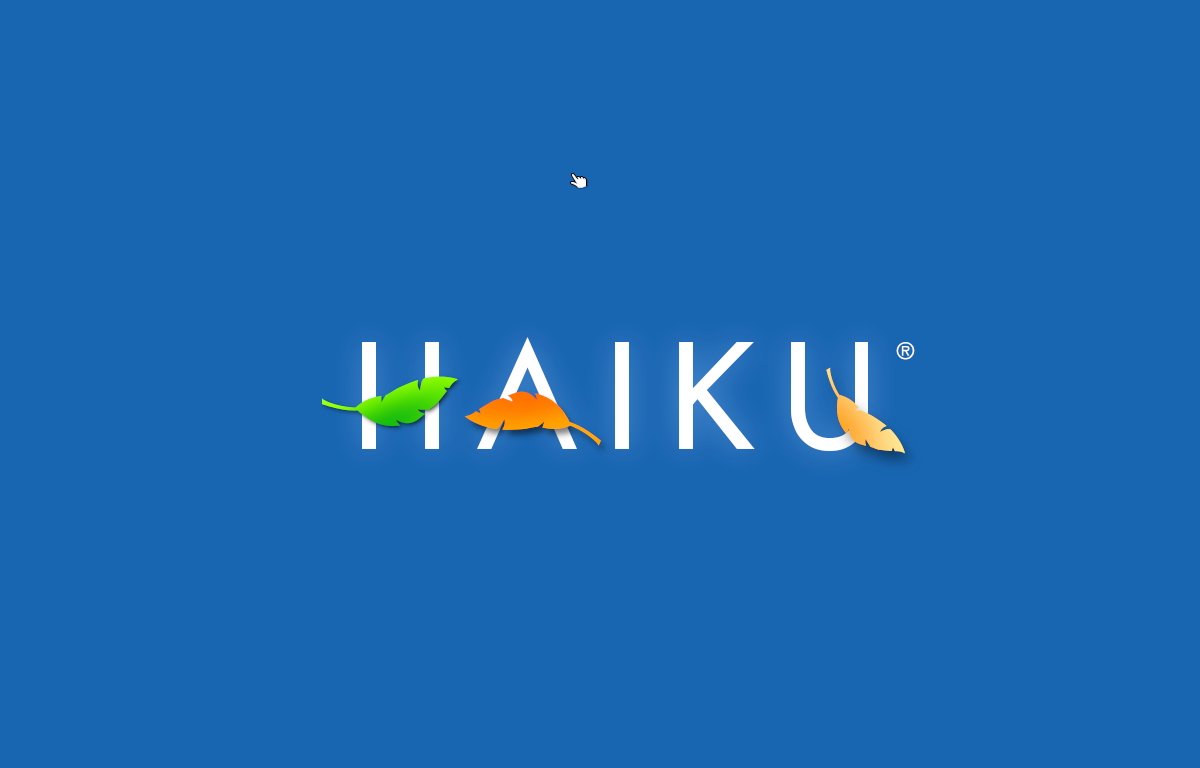







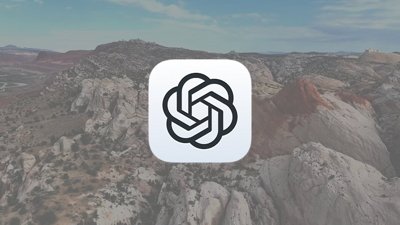
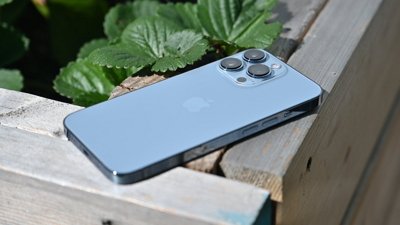
 Marko Zivkovic
Marko Zivkovic
 Malcolm Owen
Malcolm Owen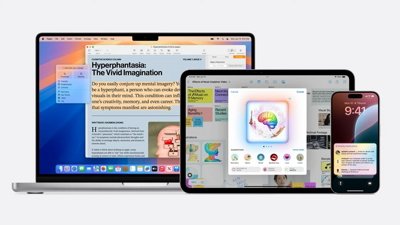

 William Gallagher
William Gallagher
 Christine McKee
Christine McKee
 Andrew O'Hara
Andrew O'Hara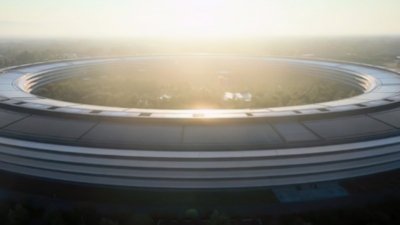
 Andrew Orr
Andrew Orr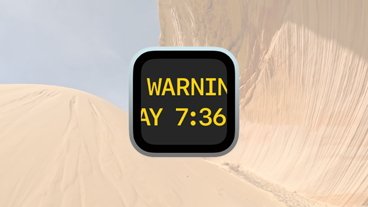




-m.jpg)




14 Comments
I don’t want to take anything away from the dedicated team working on this but it looks like it is about 25 years beyond its point of potential commercial relevance if their intention is truly to take away share from Windows or macOS, I.e., “give them a run for their money.” In macOS’s case, there is no money to be taken away since Apple doesn’t charge for macOS. Maybe the screenshots simply don’t do it justice, but the UI looks like vintage Windows 95 or Windows NT 4 era stuff. Lots and lots of flat haze gray dialog boxes and forms and big buttons.
Then there’s the issue of a what is imho a vastly more realistic competitor: Linux. Forget about Windows and macOS. There are so many compelling flavors of Linux. It can tailored to meet a huge variety of client needs, from near real-time embedded, to appliances, to full blown desktop clients that arguably give Windows and macOS a run for there money, at least on the UX side, for some folks at least, and for people who want to squeeze out a few more years of productive life from older platforms with limited resources. Some of the newest Linux client builds are very visually appealing and are very easy to use.
Shall we talk about applications? Regardless of how you personally feel about apps/suites like Microsoft Office and Microsoft 365, if your platform doesn’t natively support these business critical apps, you are always going to be fighting an uphill battle and considered a second class citizen in the personal computing market. Despite the stability, robustness, and highly compelling UX on modern Linux distributions, they are still unable to scale or break through the impenetrable Office wall that surrounds corporate computer purchase agreements. OpenOffice and iWork are not slouches by any means, but they’ve had had many years to try to break through and still the Office wall stands firm and remains the chief “validator” that defines who gets to live in the top layer of the OS hierarchy.
If this incarnation of BeOS is really as rock solid and performant as they claim, they may have better success going after a narrower market like providing a better and more “open” OS for gaming consoles, industrial HMIs, set top boxes, streamers, single board computers, and even TVs.
"
I could only din compatibility with Intel/AMD 32 and 64bit.
Is there really Apple Silicon/ARM compatibility? Where can I find the appropriate version?
I was a big fan of Be as a candidate for a new Mac Operating System. A candidate that would have needed massive investment and lots of engineering to make it serve its purpose as a consumer oriented system.
Apple went with NeXT and I was a massive fan of Avie and that system also needed a ton of money and other resources thrown at it and was to serve the following 15 years. The original OSX was in no way ready for prime time on release and it wasn't until Tiger and then Snow Leopard that things settled down.
So 15 years for Haiku to reach beta 4 may be a landmark of sorts but it can't challenge Windows or macOS where it matters.
More to the point, even Windows and macOS aren't really ready for the next 15 years at this point either.
The future is IoT and AI. Everything connected to everything with virtualisation of hardware, distributed security, distributed file systems etc.
I very much doubt that the innards of Haiku have been developed with that in mind and that is what is going to be needed.
Obviously if Apple would have adapted BeOS, it wouldn't look anything like what Haiku looks like today on a code-level.
macOS and iPadOS are quite old by now, which is why Google's Fuchsia is so interesting: they started from scratch with modern concepts, replacing Android.
I wonder if Apple at some point feels the need to do the same with their operating systems.